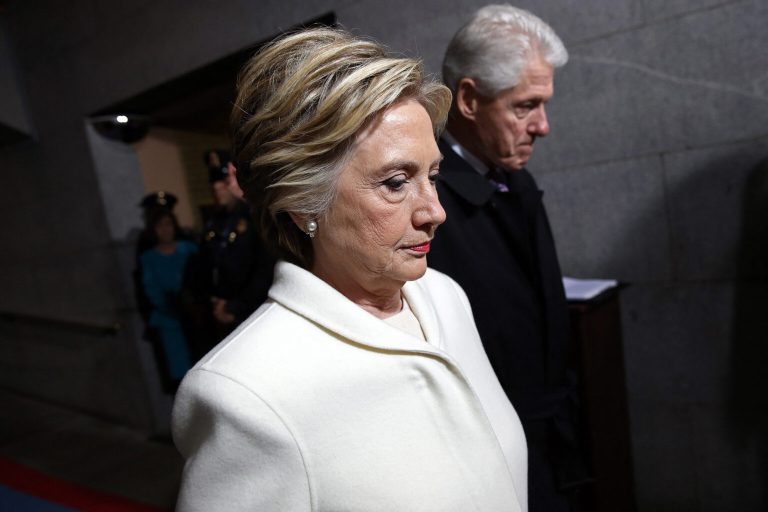
The rising cost of Liquefied Petroleum Gas (LPG), also referred to as cooking gas, has angered some gas dealers and residents of the Federal Capital Territory (FCT), who have called on the federal government to take action.
Yesterday, dealers and Abuja locals voiced their displeasure with the product’s ongoing price hike and its associated consequences, according to NAN.
Currently, the price per kilogramme of cooking gas ranges from N1, 300 to N1, 600, compared to N900 in November 2023 and N1,000 in January 2024.
Chief Executive Officer of Promise of God Gas Company, Mr. Promise Ajujumbu blamed high foreign exchange and product transportation costs for the LPG price’s steady rise.
Ajujumbu pleaded with the authorities to step in by boosting the local production of gas as well as stabilising the naira because the forex was affecting the cost of LPG greatly.
According to him, 20 tonnes of LPG being sold at N9 million, rose to N19 million currently.
The Automotive Gas Oil (AGO), known as diesel is used by petroleum transporters and distributors to fuel their trucks which distributes petroleum products to different parts of the country.
Chief Chukwuma Kalu, an official of the Shore Gas Limited said high cost of diesel for transportation of petroleum products, including gas to various routes in the country was a major cause of the surge.
Kalu told our correspondent that diesel was being sold at about N1, 300 per litre and to fuel a truck to transport gas from Lagos to Abuja requires about 1,000 litres of diesel.
“To transport gas from Lagos to Abuja is very high and requires more than N1.5 million. There is nowhere that gas is cheaper in Nigeria, it boils down to cost of transportation.
“The cost at which the end users are buying gas currently is just the surviving cost of the gas plant because dealers are selling at a loss and only sell to maintain their customers.
“In the station, we also use diesel to power our plant for more than 12 hours to dispense gas to customers apart from the electricity token, we buy in addition to multiple taxes/levies we pay in the FCT.” he said.
According to him, the upper takers/major distributors, who import or take directly from the Nigeria Liquefied Natural Gas buy the product in dollars which is affecting the cost too.
He called for a sustainable government policy that could be impactful on the masses economically and socially.
Mrs Grace David, a petty business owner also expressed sadness on the price surge, adding that it had made her to resort to the use of firewood and charcoal (Biomass), though not so cheap but served as a relief.
“With the high standard of living currently, it is very worrisome, the government should quickly intervene and bring succour to the citizens,’’ she said.
Another user, Mr Lawrence Nze said the rate of the increase in LPG price required fast intervention to mitigate the negative effect on the poor masses who were struggling to survive since fuel subsidy removal.
“We are faced with high inflation rate, high food prices, high electricity tarrif and high cost of transportation among others. Still salary remains the same.
“People are not finding it easy at all, they are passing through a lot, let the common man be happy,’’ Nze said.
The National Bureau of Statistics (NBS), in its “Cooking Gas Price Watch’’ for January 2024, said that the average price of 5kg of cooking gas increased from N4,962.87 recorded in December 2023 to N5,139.25 in January 2024.
The NBS said the average price of 5kg of cooking gas increased on a year-on-year basis by 12 per cent from N4,588.75 recorded in January 2023 to to N5,139.25 in January 2024.
Analysis by zone showed that the North-East recorded the highest average retail price at N5,296.32 for 5kg cooking gas, followed by the North-Central at N5,240.36.








